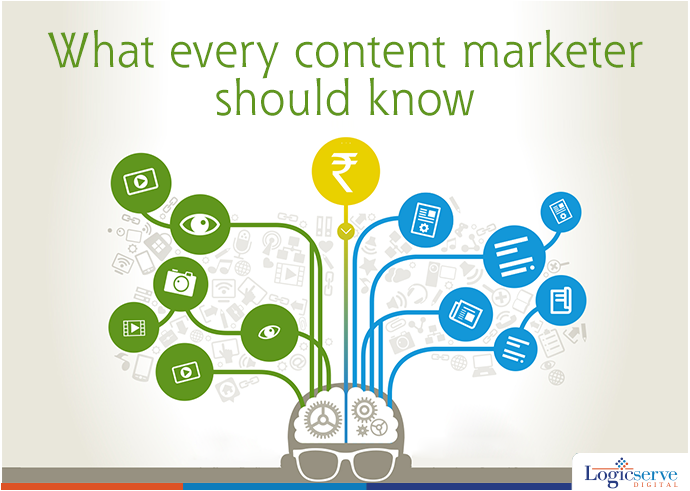
With digital marketing here to stay, content has become extremely important. If content is the king, its marketing becomes a major parameter to emerge winner within the e-commerce ecosystem. Yes, giving them importance are Google’s algorithms viz. Penguin and Panda. In fact, SEO which was once considered to fade away has got a vital role to play along with content development and marketing.
As a content marketer, it becomes essential to familiarize oneself with oft used terms in the world of content and its marketing that could help you to relate better with its strategy. Their understanding could help you to dish out not only relevant content but market it even better. Let’s begin with some key terms
- B2C – Business offering products/services directly to individual/end consumers
- B2B – Business offering products/services to other business entities
- Buzzword – A keyword or term that is trending and catches attention instantly
- Call to Action – A communication strategy that compels the consumer to take a proactive action
- Customer Segmentation – Division or segregation of the consumer group as per behaviour, preferences, purchasing power, region and so on
- Customization – The initiative to offer product and services as per customer preferences
- Personalisation – Offering products and services depending upon customer’s past purchase history
- Viral Marketing – A phenomenon that is facilitated on account of its wide acceptance and aggressive sharing by its viewers.
Interactive Agency – An enterprise offering a basket of web related services including web design, development, online advertising & marketing and e-consultancy - ROI – The ratio of profits or losses with respect to the investment made
Bearing in mind the above mentioned key terms of content marketing, the content strategy, planning and even strategy should be evolved in a the most relevant manner of highest possible engagement.
Moving on ahead, a content marketer should exactly know about the key operation areas/products/services of the business along with the target audience and its segmentation bearing in mind their content preferences.
This will prove beneficial in developing a content calendar and giving concrete shape to the content marketing strategy. This skill set is considered of much value over and above the capacity of a content expert who is supposed to be a know-all with regards to content – written, audio-video, social media, link building and even technical aspects of website design and interface.
Once the content strategy is set in place, it’s time to concentrate on content development which should be –
Niche, out of the box with a personal element, if possible
Motivating and Inspiring compelling the viewers to read/view it
The objectives of content marketing could be varied ranging from brand building, lead generation, sales, customer retention and loyalty which could further determine the ROI of content marketing.
The overall outcome of the content vis a vis the content marketer and business should relate to
- The brand to emerge as a pioneer provider of the products/services
- Acceleration of customer relationship and loyalty
- Carve an original identity of the brand
Hence for a successful content marketing strategy it is vital to have the vision and the zeal to promote the business by dissemination of relevant and engaging content across the all possible channels and platforms of customer interaction.



